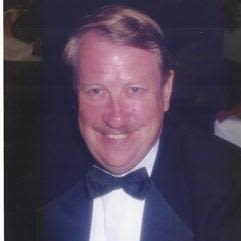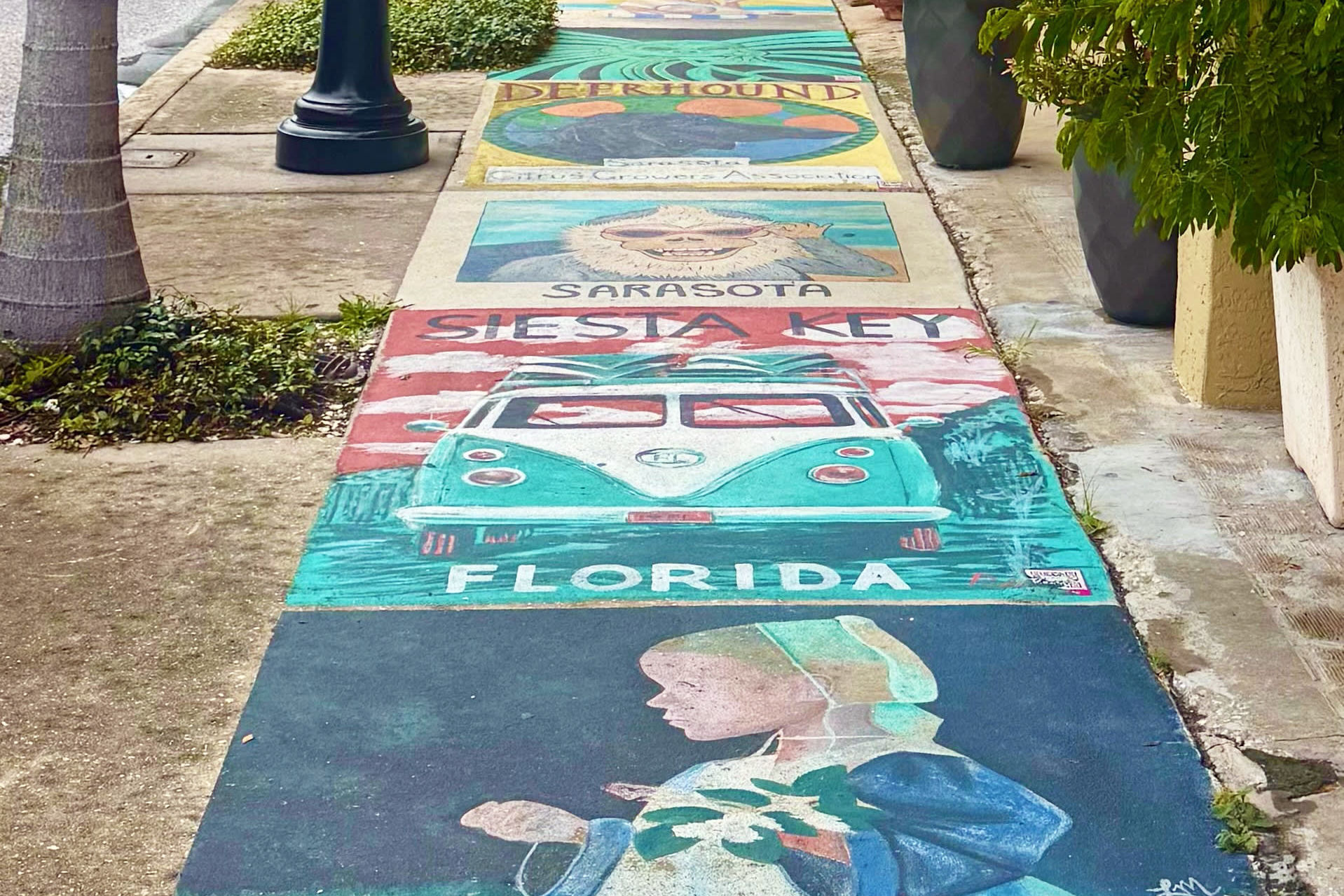Airlines Shoot Themselves in the Foot
It has not been a good week for two of America's major airlines. And how they handled the problems, or didn't handle them, only made it worse, says one former top airline executive now living in Venice.
First, a storm in Atlanta last week, so sidetracked Delta that it was forced to cancel more than 3,000 flights and delay many thousands more, leaving customers stranded and angry during the spring break season.
If possible, the news was even worse for United Airlines, when a video went viral Monday of a doctor bloodied in the face as he was dragged down the aisle from an overbooked flight at Chicago's O'Hare International Airport.

Sandy Gardiner
"Two of America's airline giants, United and Delta, both became midgets in the eyes of their customers -- United, for boarding customers when they knew they needed the seats for positioning staff; and Delta, whose communications with customers in Atlanta in recent days has been non-existent," says Sandy Gardiner, who from 1986-99 worked as British Airways' Senior Vice President/Communications in the Americas. "In United's case, the solution was obvious -- do what you have to do with denied boarding while on the ground. In Delta's case, there was no crisis plan to deal with their one-day weather problem which kicked in for days."
In an interview, Gardiner says United blundered by allowing passengers on the overbooked flight. Instead, the airline should have discreetly "identified people" at the terminal who would have been open to cash compensation and other incentives to switch flights. The seats were apparently needed by United for crew members traveling to another city to work on an upcoming flight. United says it tried to persuade passengers to give up their seats before the plan boarded. But Gardiner questions whether the airline did all it could.
"Young people are often very eager to take the compensation," he says. "They needed to go to passengers individually. Had they dealt with it then, they never would have had the problem."
From the moment the story broke, Gardiner says, it was crucial that United lead with its CEO, Oscar Munoz. But Munoz seemed to only compound the controversy when he released a statement that described dragging the screaming man from the plan as re-accommodating him. Gardiner says a statement doesn't cut it.
"He needs to be very visible," he says of Munoz. "He needs to be flying to see the man, to show that he personally cares. He should be offering him and his family an all-expense trip to Hawaii or whatever it takes."
The Delta problems in Atlanta received less publicity -- but directly affected Gardiner. who had arrived early Wednesday morning from London as part of a connecting route back home to Florida. The flights were continually delayed, leaving Gardiner and his family stuck in the terminal through 6 a.m. the next day. He tried to find other flights, but they, too, were canceled or delayed. Finally, he was able to leave at 4 p.m. Thursday.
"In my lifetime, I've probably flown the equivalent of four times to the moon and back," Gardiner says. "And this was by far the worst experience I've ever had. It wasn't just the delays. It was Delta's failure to communicate. There were no managers there. We were told to comment on a Twitter address. That's just failing to provide customer service when customer service was most needed. And Delta's reputation is going to be damaged because of it."



